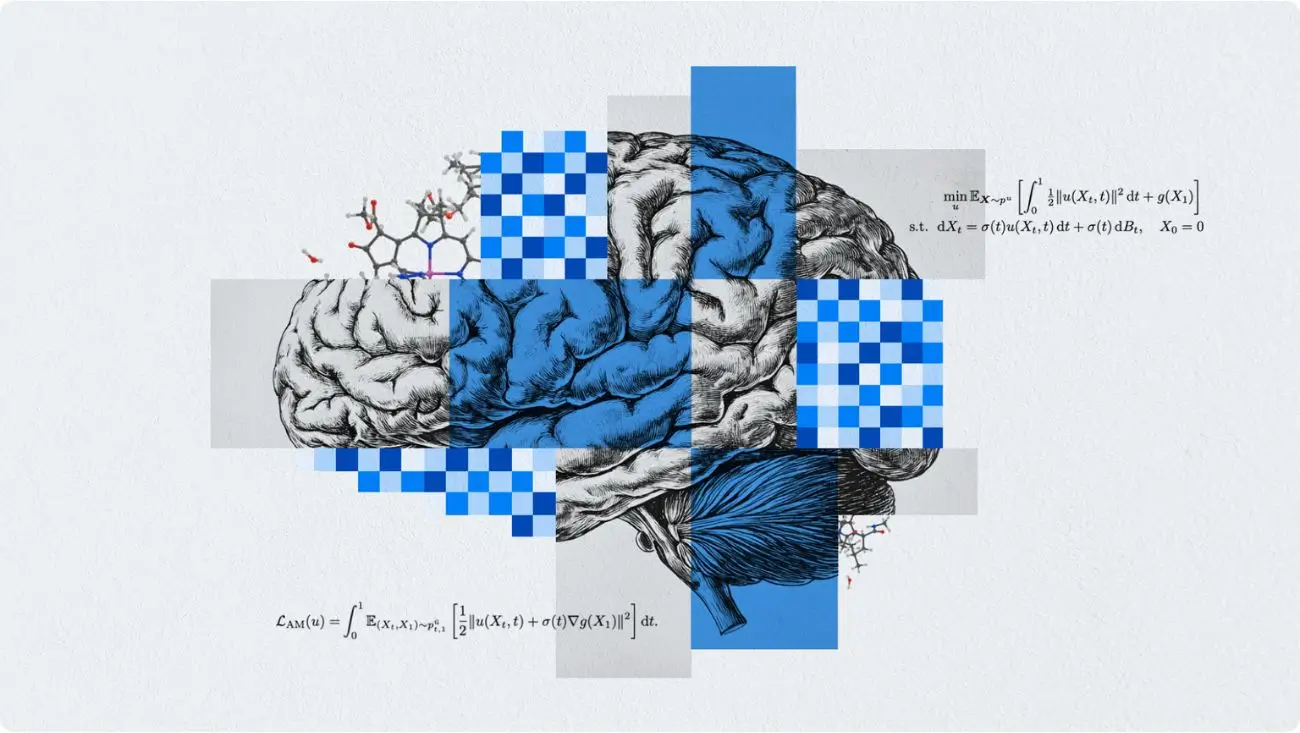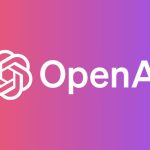The Meta AI Science initiative has launched “Open Molecules 2025,” a massive open-source dataset, alongside pre-trained AI models, aimed at significantly speeding up research in computational chemistry, materials science, and drug discovery. This release represents a major contribution to the open science community, providing powerful tools for AI-driven molecular modeling and property prediction.
MENLO PARK, CA – In a significant development for the scientific research community, Meta AI Science has announced the release of “Open Molecules 2025,” an exceptionally large and diverse dataset of molecular structures and their quantum mechanical properties. This initiative, part of Meta’s “Fair Science” program, also includes open-source AI models pre-trained on this data, designed to empower researchers worldwide to accelerate discovery in critical fields like drug development, sustainable materials design, and fundamental chemical understanding.
The “Open Molecules 2025” dataset is the result of a collaboration between Meta AI Science, Lawrence Berkeley National Laboratory (Berkeley Lab), and Carnegie Mellon University. It contains billions of data points derived from quantum chemical calculations, specifically Density Functional Theory (DFT). This scale and the rigorous computational methodology behind it make it a landmark resource for training sophisticated AI models capable of predicting molecular behavior with high accuracy. The dataset focuses on “relaxed” molecular structures, which are crucial for understanding real-world chemical interactions.
Technical Implications of the Meta AI Science Release
The release of such a comprehensive dataset and associated pre-trained models by Meta AI Science has several key technical implications for the research landscape:
- Democratizing AI in Chemistry: By open-sourcing these resources, Meta is lowering the barrier to entry for academic labs and smaller research institutions to engage in cutting-edge AI-driven molecular research. This contrasts with proprietary datasets that can be prohibitively expensive or inaccessible.
- Accelerating Model Development: Pre-trained models serve as a strong foundation, allowing researchers to fine-tune them for specific tasks rather than starting the computationally intensive training process from scratch. This can drastically reduce the time and resources needed to develop effective AI tools for molecular property prediction.
- Benchmarking and Reproducibility: A large, standardized dataset like Open Molecules 2025 can serve as a valuable benchmark for comparing the performance of different AI architectures and methodologies in computational chemistry, fostering greater reproducibility in the field. This kind of open approach is vital, especially when considering the “black box” nature of some AI, a concern that led OpenAI to increase transparency on its model testing.
The Meta AI Science models are designed to predict various molecular properties, such as energy levels, forces, and charge distributions, which are fundamental to understanding chemical reactivity, stability, and interactions. These predictions can guide experimental efforts, allowing scientists to prioritize the most promising molecular candidates for synthesis and testing. This is particularly relevant in drug discovery, where identifying viable drug candidates is a notoriously lengthy and costly process. The potential for AI to streamline this is immense, similar to how AI is being explored for other health applications.
One of the specific applications highlighted is in the discovery of new catalysts, which are essential for many industrial chemical processes, including those related to green energy production (e.g., hydrogen fuel) and carbon capture. AI models trained on the Meta AI Science dataset could help identify more efficient and cost-effective catalysts. Furthermore, in materials science, these tools can aid in the design of novel materials with desired properties, such as enhanced durability, conductivity, or sustainability. The challenge of creating useful and ethical AI is a constant theme, even seen in controversies like the Billie Eilish AI fakes.
The collaborative nature of this Meta AI Science project, involving national labs and universities, underscores a growing trend towards open science and shared resources in tackling complex scientific challenges. The computational power required to generate the Open Molecules 2025 dataset was substantial, leveraging supercomputing resources. By making the fruits of this labor publicly available, Meta is fostering a more inclusive and potentially faster-paced research ecosystem. This contrasts with closed AI systems, where understanding the training data can be difficult, leading to issues like the Grok AI misinformation controversy.
While the release of these Meta AI Science tools is a significant step forward, the path from AI prediction to real-world application still involves considerable experimental validation. However, by dramatically narrowing the search space for promising molecules, AI can make the experimental phase much more targeted and efficient. The open-source nature also invites scrutiny and improvement from the global research community, potentially leading to even more robust and accurate AI models for science in the future. This is similar to how open-source principles have benefited other areas of AI development, even as some companies choose more proprietary paths, as discussed in the OpenAI and Microsoft partnership dynamics.
The “Open Molecules 2025” dataset and the associated models represent a powerful new toolkit for computational scientists. As researchers begin to leverage these resources, we can anticipate an acceleration in the pace of discovery across a wide range of scientific disciplines, ultimately contributing to technological advancements and solutions for pressing global problems.







